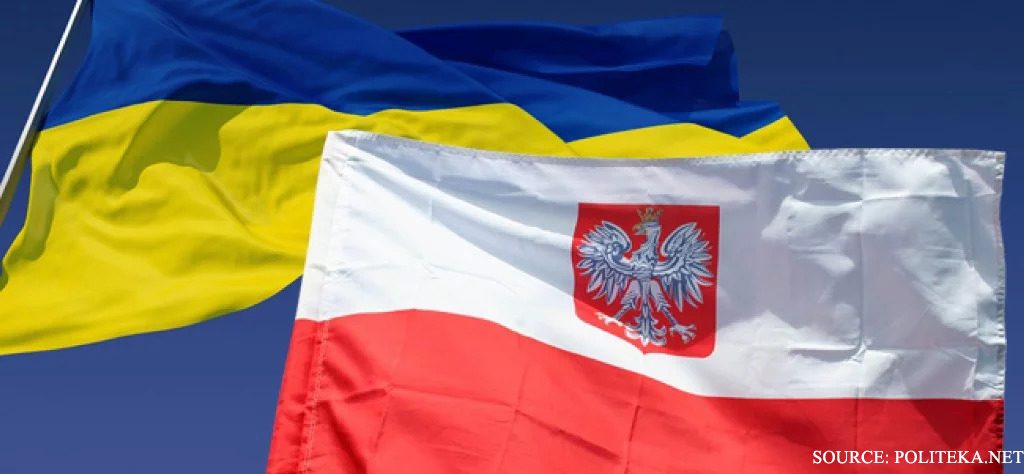What the new law is about. At night on February 1, the Polish Senate adopted a new version of the Law “On the Institute of National Remembrance”. According to the Law, persons talking of the “Polish-organized concentration camps” or denying “the crimes of Ukrainian nationalists” may be held criminally liable. The law is yet to be signed by the President of Poland Andrzej Duda, he has 21 days to do so.
How it works. According to the law, it will be possible to hold criminally liable those who will be using term “Polish concentration camps” in public or will acknowledge the participation of Poland or Poles in the Holocaust. A fine can be imposed or a three-year sentence may follow. Perpetrators outside of Poland can be held liable as well.
International reaction: Israel. Due to the approval of the law, Israel has canceled the visit of the Polish Head of the National Security Bureau to Jerusalem. Media also reported the intention of the state to approve the decision to withdraw its ambassador from Poland.
President Poroshenko’s reaction: “biased”. The President Petro Poroshenko emphasized that the adopted law does not correspond with the earlier declared principles of strategic partnership between Ukraine and Poland as well as urged the Polish side “for objectivity and a dialogue”.
The reaction of the Foreign Affairs Minister Klimkin: “we are for an equal dialogue”. “We have always stood for an equal dialogue and strategic partnership with Poland, but we do not perceive the language of bans and limitations,” the Minister of Foreign Affairs of Ukraine Pavlo Klimkin said. He also noted that the idea of recognizing certain nations as criminal leads nowhere.
The reaction of the director of the Ukrainian Institute of National Remembrance: a threat to Ukrainians in Poland. Volodymyr Vyatrovych, director of the Ukrainian Institute of National Remembrance, noted that the Polish law in question is first of all directed against the Ukrainians living in Poland, and is supported by the pro-Russian forces.
OSCE is concerned. The OSCE is also concerned with the adoption of the Law on the setup of the Institute of National Remembrance. “History is a matter of independent academic research and of free discussion, not of judiciary decision. The law should be rejected as a disproportionate restriction of freedom of expression. Only when statements constitute incitement to violence or discrimination could they be criminalized,” said Harlem Désir, OSCE Representative on Freedom of the Media.




